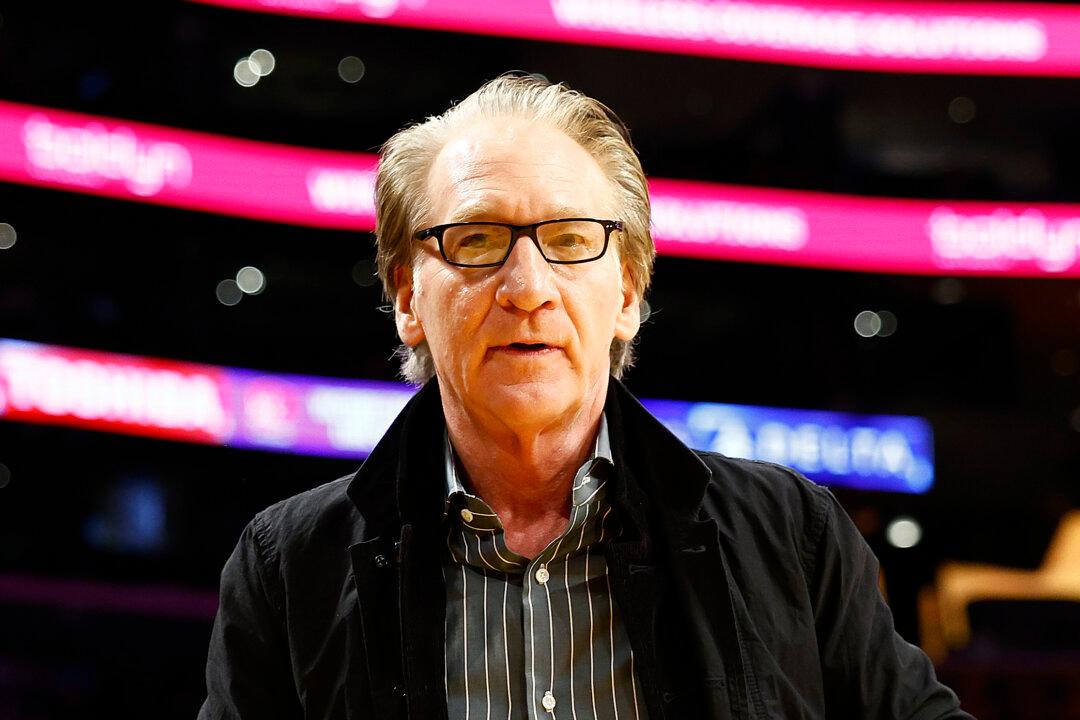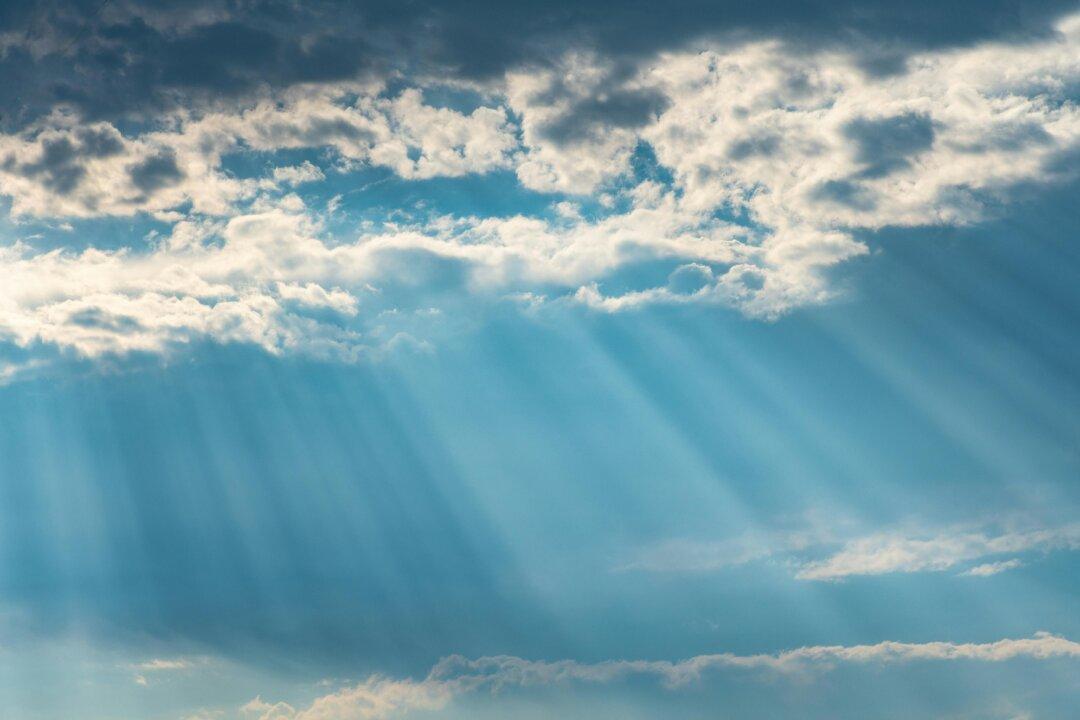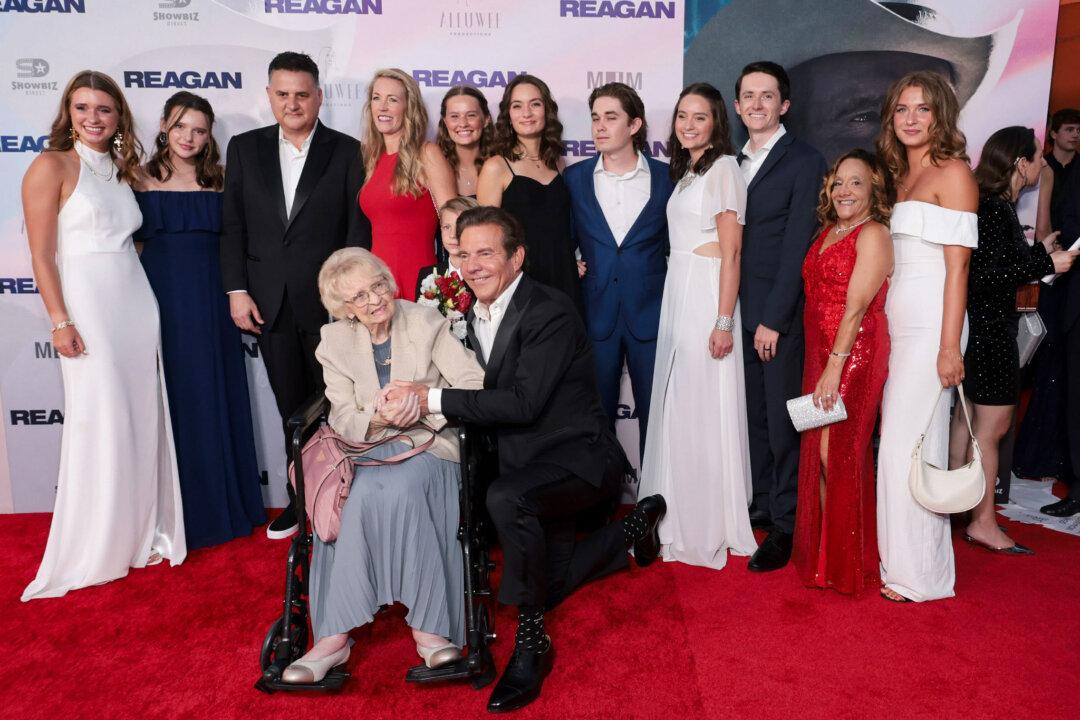Bill Maher unleashed a scathing critique targeting anti-Israel college protesters, accusing them of seeking attention rather than effecting real change.
Mr. Maher took aim at the demonstrations that disrupted the daily lives of students on multiple campuses across the United States this week, describing them as performative acts devoid of substance.
“Hey, if it makes you feel good to cosplay as revolutionaries, knock yourself out. Burn yourself out. Just don’t drag Gaza into it,” he quipped during the April 26 episode of “Real Time With Bill Maher” on HBO.
Mr. Maher derided the protesters for their theatrical gestures while inconveniencing the working class by blocking traffic, and also drew parallels between the iconic Che Guevara T-shirt and the Palestinian keffiyeh headscarf.
“Are you really speaking truth to power, or do you just think you look cool in a keffiyeh, which is really just the new Che Guevara T-shirt, another historical figure you never researched and so think is a hero, but was actually a sadistic racist monster fighting for communism, the worst form of government ever,” he said.
Expanding his critique to the motivations behind the protests, Mr. Maher probed whether the activism stemmed from genuine conviction or merely a quest for personal validation, likening it to a narcissistic pursuit of online acclaim.
He urged protesters to redirect their energies toward more pressing global issues.
Palestinian Resettlement
The Biden administration is reportedly considering admitting some Palestinians to the United States, according to CBS News, which obtained internal government documents related to the plan.Prospective candidates would need to demonstrate familial ties to American citizens or permanent residents, the documents show. Subsequently, the candidates would undergo rigorous assessments encompassing eligibility, medical, and security screenings. Successful applicants would then be eligible for resettlement benefits, such as housing assistance and a route to attaining American citizenship, CBS News reported.
White House press secretary Karine-Jean Pierre said on May 1 that the White House is “constantly evaluating policy proposals to further support Palestinians who are family members of American citizens, and may want to come to the United States,” but said the administration didn’t have anything to announce about the plan.
Chaos has erupted at universities across the United States in recent weeks as pro-Palestinian protesters have taken over large portions of campuses and established tent encampments to occupy the universities while demanding that the administrations “divest” from Israel.
In New Orleans, state and local police collaborated to disperse a crowd at Tulane University, resulting in multiple arrests and the suspension of several students, while an investigation ensued regarding potential faculty involvement in the protests.
In New York, police arrested about 100 protesters at Columbia University on Tuesday who had taken over Hamilton Hall and barricaded themselves inside.
Pro-Palestinian protesters have set up encampments and clashed with police and other students at several other universities, including the University of North Carolina at Chapel Hill, Portland State University, Brown University, and the University of Texas at Austin, among others.
The ongoing protests have presented a dilemma for university administrations trying to balance free speech rights with concerns over anti-Semitism.
As the demonstrations persist, universities must grapple with how to navigate competing interests and uphold their academic missions.







